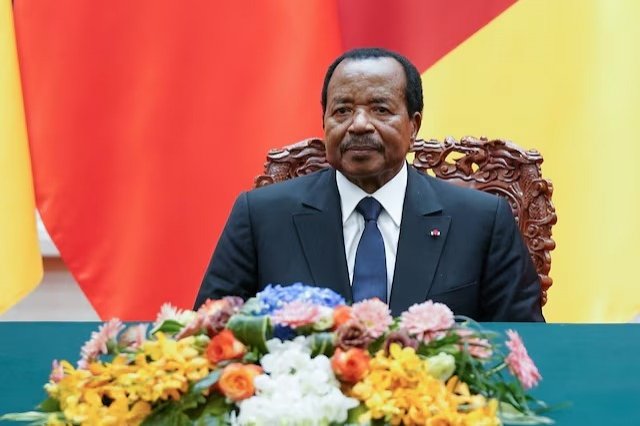Official results from Cameroon’s election, announced on Monday, confirmed that President Paul Biya has been re-elected for an eighth term with 53.66% of the vote — a result that raises the likelihood of clashes with supporters of the main opposition candidate, who has declared himself the rightful winner.
“The candidate Paul Biya, having obtained the majority of votes cast, is hereby declared elected President of the Republic,” said Clement Atangana, president of the Constitutional Council.
Following the announcement, opposition contender Issa Tchiroma Bakary wrote on Facebook that shots were fired at civilians gathered outside his home in the northern city of Garoua.
Opposition protesters clashed with security forces over the past week after partial results reported by local media indicated Biya was on course to win the October 12 election. The government rejected opposition allegations of irregularities.
Biya, 92, has been in power since 1982, maintaining a tight grip on the country ever since. He abolished presidential term limits in 2008 and has repeatedly secured re-election by comfortable margins.
The world’s longest-serving head of state, Biya’s new seven-year term could see him remain in office well into his 100s. Tchiroma, a former government spokesperson and labor minister now in his late seventies, broke ranks with Biya earlier this year.
He ran a campaign that drew large crowds and support from a coalition of opposition parties and civil society groups. Last week, he declared himself the winner of the election and vowed not to accept any other result.
The election unfolded amid ongoing controversy over the integrity of the electoral process and repeated accusations of restrictions on political freedoms — raising questions about how accurately the results reflect the will of the voters, particularly given low turnout in some regions and a stark divide between the country’s north and south.

